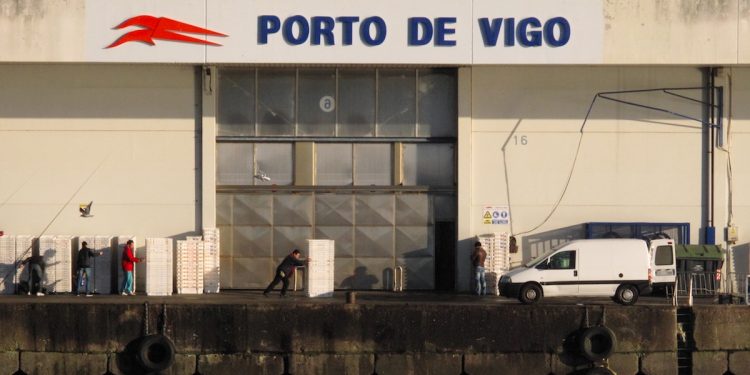A meeting in Vigo has brought together representatives of national and regional governments, as well as fishing organisations and unions as they face the increasingly likely prospect of a hard Brexit as the UK remains in political turmoil. A hard Brexit has the potential to affect 130 vessels, 1700 fishermen and 7650 shore jobs.
The meeting was held on the initiative of Fundamar (the Foundatio for Fishing and Shellfishing) which brings together both workers’ and owners’ bodies. The fishing industry was represented by ARVI and CEPESCA, with unions representing crews.
‘If there is an exit without agreement of the United Kingdom from the EU, the Spanish sector will claim the historical rights of the Spanish fleet currently operating in British waters so that it can maintain its activity during the next two years, a margin that would allow negotiating an agreement with the British with whom we currently share a hundred stocks, which will require a great deal of effort,’ said Javier Touza, president of ARVI and FUNDAMAR.
Those participating in the meeting reached an agreement to continue working on contingency plans and to investigate the possibilities of alternative fishing areas to mitigate the effects of Brexit on fishing.

‘There is no question that we do not want a hard Brexit We want to continue as we were, continue with the withdrawal agreement and with the political declaration that gave us a margin of two years to negotiate a fishing agreement. In the meantime the fleet would continue fishing in United Kingdom waters and the market would remain open also for them. That remains our priority objective,’ said Javier Garat, president of employers’ association CEPESCA.
All the participating associations and organisations have taken into account the special characteristics of the port of Vigo, which Brexit affects from different points of view. A substantial part of the fleet operates in UK and Falklands water, with shore workers, market workers, the frozen fish sector and others all standing to be affected. The meeting also drew attention to the possibility that a hard Brexit could also affect coastal fisheries due to changes in the regulations applied to migratory species.
‘We have made progress on contingency plans and there has been complete agreement in terms of collaboration from the fisheries sector with the central and regional administrations, between the administrations themselves, as well as with the port authorities in order to co-ordinate customs and controls, and the different logistics issues that will affect our activities,’ Javier Touza added.









